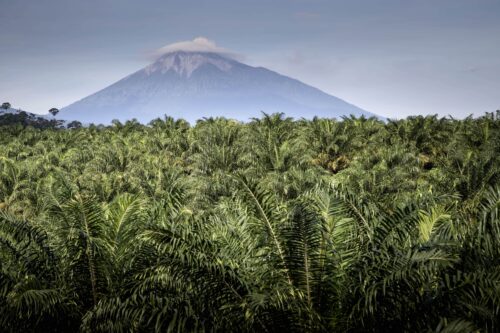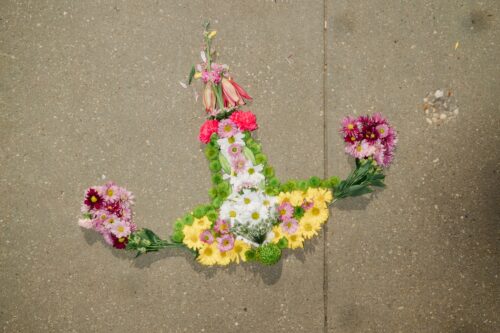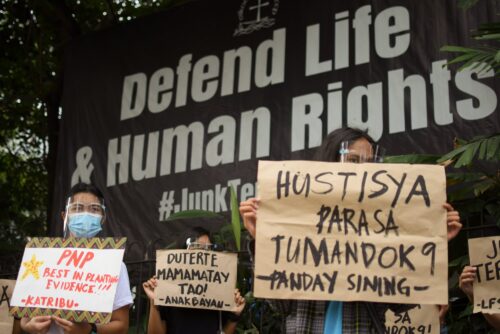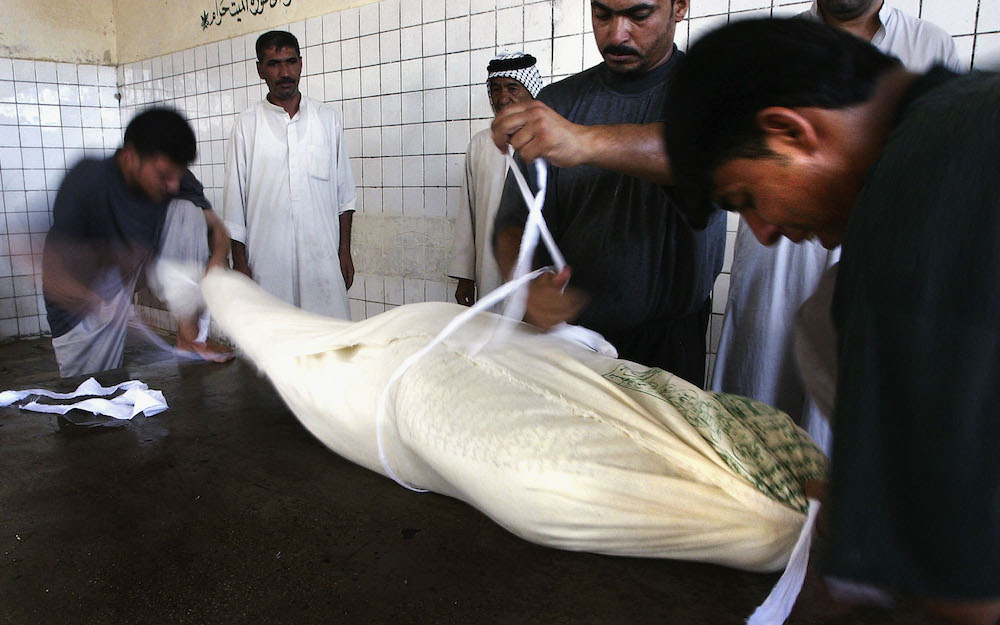The CDC Needs Social Science
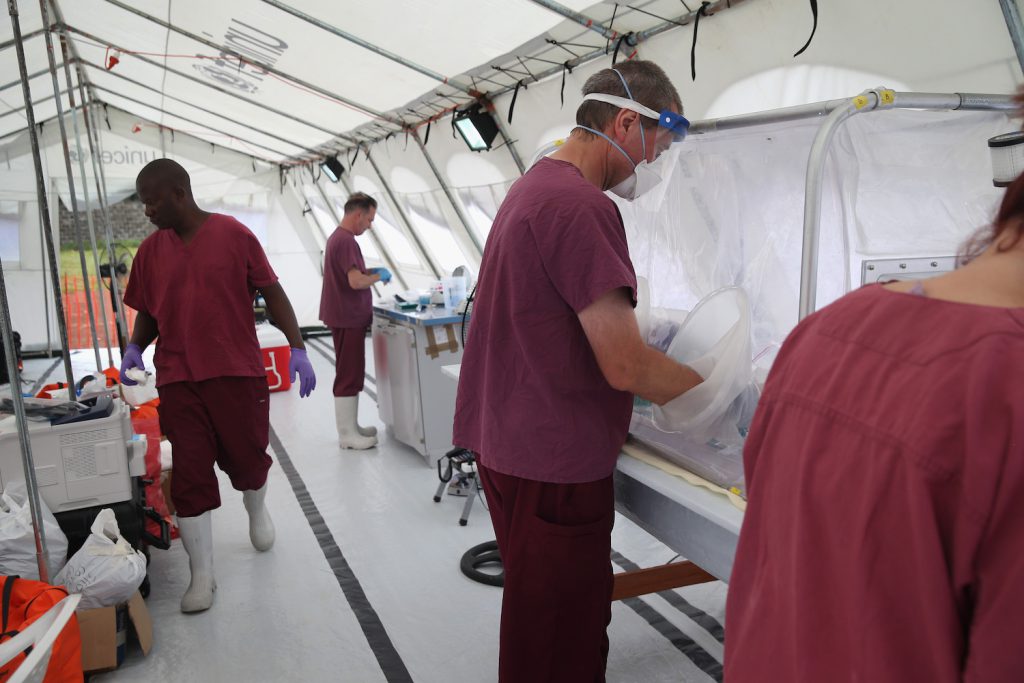
The U.S. Centers for Disease Control and Prevention, as the primary agency in the United States that monitors, predicts, and responds to chronic disease, injury, outbreaks, and pandemics, should have social science at its heart. It does not. Despite decades of trying to get the agency to take the social sciences more seriously, and some movement on its part, insights from anthropology, along with other social sciences, have yet to penetrate the soul of the CDC.
I am a medical anthropologist and epidemiologist. I first started working with the CDC back in 1986 and stayed with the agency until my retirement at the end of June 2020. In 1993, I led the founding of the Behavioral and Social Sciences Working Group (BSSWG). This group has worked with CDC leadership to strengthen the employment of social and behavioral scientists at the CDC, sponsor speaker series, and assist CDC staff in addressing social and behavioral science issues, such as ethnographic methods and questionnaire design.
In 1986, I was part of the Epidemic Intelligence Service (EIS), which gathers 60–70 experts from across public health–related fields, mainly medical doctors, to participate in 2-year stints either at divisions at CDC headquarters in Atlanta or in state or local health departments. The EIS started all the way back in 1951. More than 30 years later, I was only about the third anthropologist to join its ranks. Since then, there have been more but not as many as I think could be usefully employed.
People affected by outbreaks don’t do what they’re “supposed” to do.
Over the decades of my career, I have worked on sexually transmitted diseases, HIV, Ebola, injury, and several chronic diseases, with a focus on issues of health equity. Each time there is an outbreak—not just in the United States—it is clear that people affected by the outbreaks don’t do what they’re “supposed” to do. People continue to have unsafe sex. They go to funerals and wash the bodies of their loved ones. They resist wearing masks. Even when deadly pathogens are at stake, customs, religions, and other social factors often win out.
A few months into an outbreak, the CDC will typically say: “Why are people continuing to do these things that are spreading the disease? Maybe we could use some anthropologists.” They use them, but it is always late in the game. It’s never a routine part of planning a response to public health problems. I can only speculate about the roots of this resistance—it could be a persistent belief that sickness is basically a biological phenomenon, a lack of awareness of the anthropological roots of public health, or suspicion of a discipline that does not appear as scientific as biology or epidemiology.
In 2015, I worked with colleagues at the American Anthropological Association to develop a plan for a Humanitarian Platform. The idea was that anthropologists would poll their networks so that when something like Ebola happens, scholars with expertise in relevant areas can be easily and quickly brought in to advise on intervention and policy measures or to participate in epidemic response. For example, we have anthropologists who have worked in Africa for decades and have extensive knowledge of local societies and cultures relevant to an understanding and response to Ebola.
Such platforms exist elsewhere—for example, the U.K.-based Social Science in Humanitarian Action Platform, which explores “the political economy, community engagement, and cultural logics, social difference, and vulnerabilities” of emergencies in the realm of health, conflict, and the environment. One of their partners is a research group called Anthrologica, which focuses on applied anthropology to respond to global health issues. But the CDC has not yet run with this idea of a platform.
Critics may argue that the CDC does indeed incorporate the social sciences: the Behavioral and Social Sciences Working Group exists, after all. But the BSSWG is still an afterthought and has not yet become a central and routine component of public health practice in crisis response at the CDC.
Publications that come from the CDC often paint a rosy picture of many issues, including the social sciences. In my view, this glosses over the reality and the gaps. The CDC could be doing much, much more.
As we see so clearly in the case of COVID-19, pandemics are social phenomena. Anthropological basics should be part of the training for CDC personnel, just as epidemiology and statistics already are—such training could be provided in the EIS program, for example. Anthropology and its sister disciplines should be a forethought rather than an afterthought in public health crises and other public health responses.






















